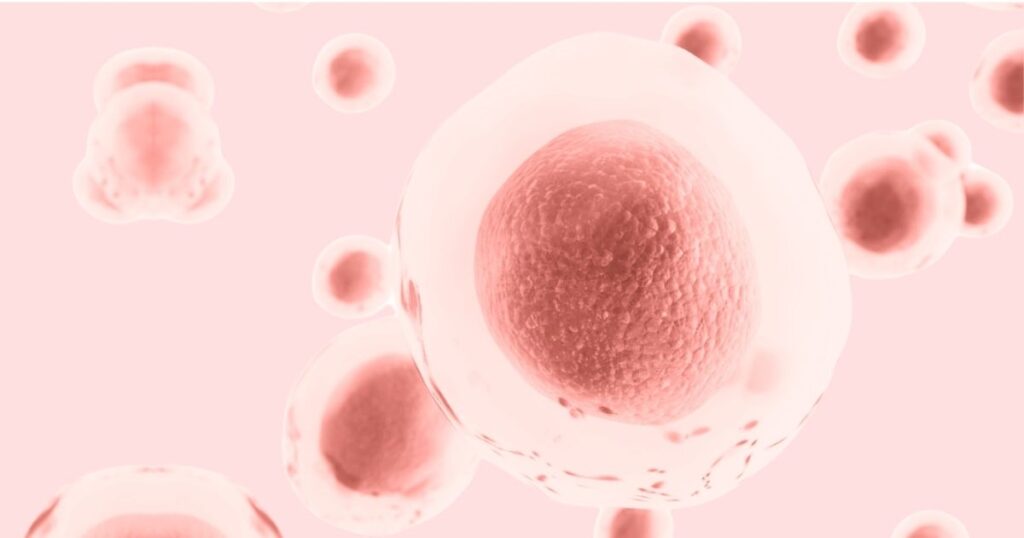blog tambre
Egg donation requirements in Spain: everything you need to know in 2025

Do you need an egg donor for your in vitro treatment? If you are considering egg donation in Spain, it is important that you know what requirements a donor must fulfil.
Spanish legislation establishes very strict criteria to guarantee the safety and confidence of all parties involved. This means that the young women who donate do so under a strict medical and legal protocol that protects both their health and that of the recipients, ensuring the viability of the treatment as well as confidentiality. In this article we will tell you about assisted reproduction with egg donation, and inform you regarding the requirements that make a candidate an egg donor.

Below you can find all the updated information for 2025.
Basic requirements for egg donation
Spanish legislation, especially Law 14/2006, establishes the minimum criteria for becoming a donor:
– Age between 18 and 35 years.
– Good physical and psychological health.
– Not suffer from genetic, hereditary or communicable infectious diseases.
– Not being adopted, as it is necessary to know your family background.
– Not having more than six children born in Spain from own or donated gametes.
These requirements protect both the donor and the recipient and ensure the viability of the treatment.
Other necessary conditions
In addition to complying with medical and legal requirements, there are other conditions for egg donation that ensure the suitability of the process:
- Not being on medication that is incompatible with ovarian stimulation.
- Not suffering from psychiatric disorders or addictions.
- Being available to attend several medical appointments and undergo the relevant checks.
- To be well informed and to be committed: responsible donation starts with a thorough understanding of the entire process and its implications, as well as compliance with medication.
In addition to all this, a gynaecological check-up, a thorough blood test, a genetic study, and a psychological test are carried out to confirm that the candidate meets all the requirements for egg donation and is ready to start treatment.
The donation process step by step
Egg donation is a regulated, safe and standardised procedure carried out in authorised clinics. At Tambre, everything starts with an informative visit and registration in the National Donor Register (SIRHA).
The process is divided into three phases:
1. Comprehensive medical check-up
It includes:
– Blood tests and serological studies.
– Genetic testing to rule out hereditary diseases.
– Ultrasound scan to assess ovarian reserve.
– Hormone analysis.
– Psychological consultation.
2. Ovarian stimulation and follicular puncture
For about 8-10 days, the donor receives hormone medication to stimulate the growth of several follicles. Ultrasound checks are performed every 2–3 days.
When the follicles reach maturity, the ovarian puncture is scheduled; an outpatient procedure under anaesthesia that takes about 30 minutes. The donor can return to her normal daily activities a few hours later.
3. End of treatment
The puncture is followed by an ultrasound examination. After 10-15 days, the donor menstruates again, returning to her normal cycle. This process does not compromise future fertility.

Legal and ethical framework
Gamete donation in Spain is regulated by Law 14/2006, of 26 May, on assisted human reproduction techniques. According to this law, egg donation is a voluntary, altruistic, anonymous, confidential and non-profit procedure.
However, the legislation provides for financial compensation for inconvenience, travel and time invested.
In terms of the legal and ethical aspects that the donor must comply with, this law covers the following key points:
- The donation is formalised by means of a free and confidential contract between the donor and the authorised assisted reproduction centre. This contract is signed after having received all the necessary medical and legal information.
- Prior to the signature, the donor receives an informed consent which details all procedures, tests, possible side effects and legal aspects. Signing this consent does not oblige the donor to proceed with the donation, as it may be revoked at any time.
- The donation must always be made at an authorised centre with all the necessary quality and biosafety controls in place. In addition, the process requires registration in the National Registry of Donors (SIRHA), managed by the Ministry of Health.
- Anonymity is guaranteed by law: the donor’s data are not accessible to the recipient or to children born as a result of the treatment. They could only be disclosed under exceptional circumstances (such as serious risk to the life or health of the child), and only in a restricted manner, without in any case implying a legal determination of parentage.
- The legislation establishes that no more than six children can be born in Spain from the same donor. Therefore, it is mandatory for each donor to declare whether she has made other donations in the past, as well as the centre and date on which they were made.
Egg donation at Tambre: a path to motherhood
Thanks to the generosity of donors and a strict legal framework that guarantees safety and anonymity, egg donation in Spain has become one of the most reliable assisted reproduction techniques in the world. At Tambre we have been accompanying women from different countries who wish to fulfil their dream of becoming mothers for almost 50 years, offering cutting-edge technology, a highly specialised medical team and a close and supportive relationship at every stage of the process. Call us or contact us now.
Your dream of becoming a mother starts here.


